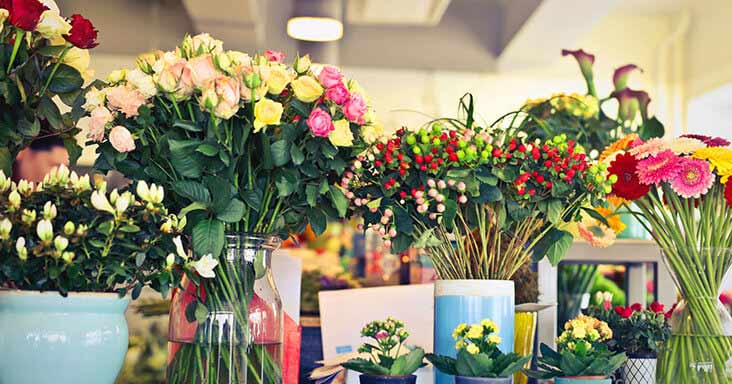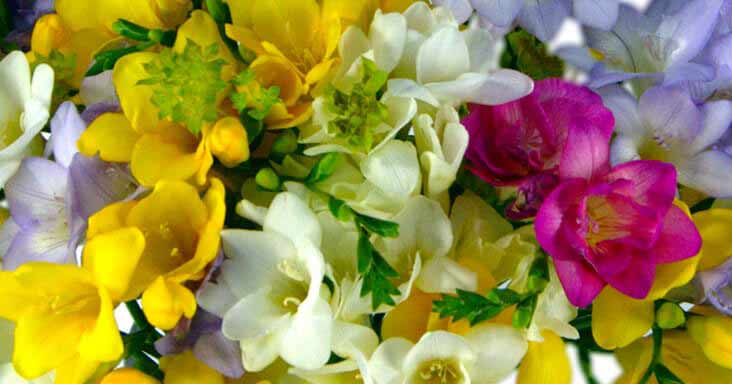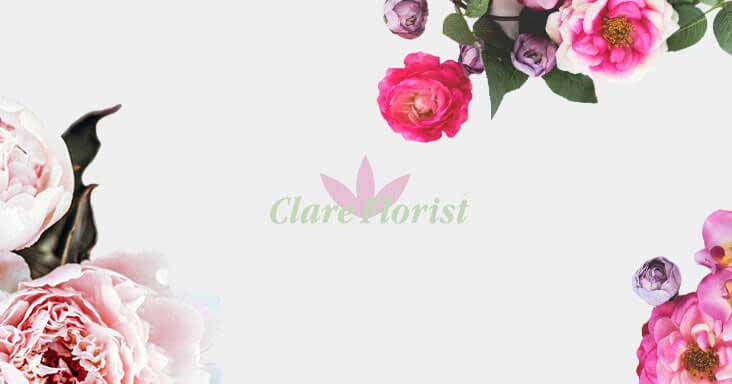Tradition's a funny thing. It probably relates to the persistence of memory and habit in humans. Over time, traditions come and go. New ones are born and old ones die out or gradually merge with newer customs. The tradition of sending flowers to mum for Mother's Day is one that has remained fairly constant over the years in many different countries around the world.
Mother's Day as we know it has been largely influcenced by its newer American counterpart from which its present-day name is derived. Before the 1920s, Mother's Day was more commonly referred to as Mothering Sunday and was a religious holiday founded in the 16th century and observed on the 4th Sunday in Lent. Originally, Mothering Sunday was a day for servants to take a day off and visit their 'mother church,' usually with their own mums as well as other family members. Over the years this gradually became the holiday which we know nowadays where gifts are bestowed upon mums to honour their importance and influcence within the family.
Mothering Sunday was also once referred to as Simnel Sunday due to the practice of baking simnel cakes in celebration of reunited families over Lent. Although not totally unheard of today, the gift of a simnel cake is a lot less common than say a box of chocolates for example. One Mothering Sunday gift that has remained prominent througout the years is a bouquet of Mother's Day flowers. This tradition dates all the way back to the religious origins of the holiday when children from the congregation would gift bunches of spring flowers to their mums during church services held on Mothering Sunday.
As well as simnel cakes, there've been other similar cakes and buns traditionally associated with Mothering Sunday in the UK over the years. These have included Mothering Buns in England, a sweet treat topped with white or pink icing and topped with sprinkles. Meanwhile, popular in the North of England and Scotland were Carlings, a traditional pancake created by frying steeped peas in butter. This seems to be one tradition that hasn't quite survived the test of time.





